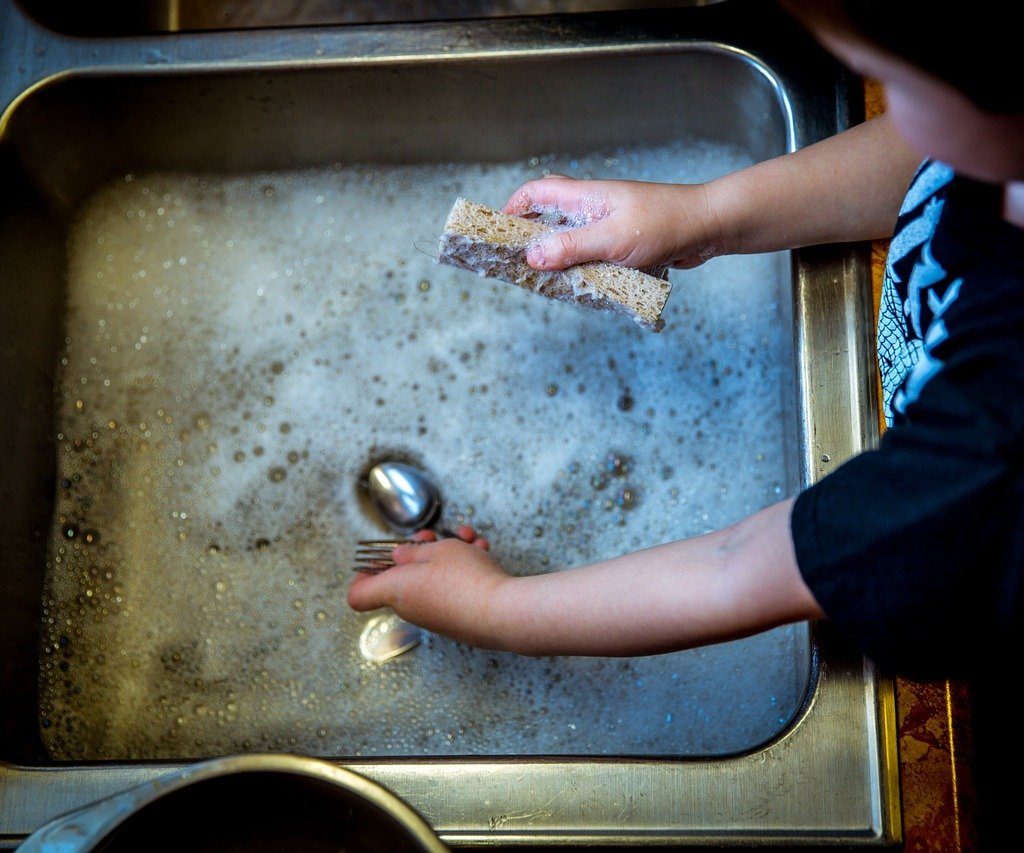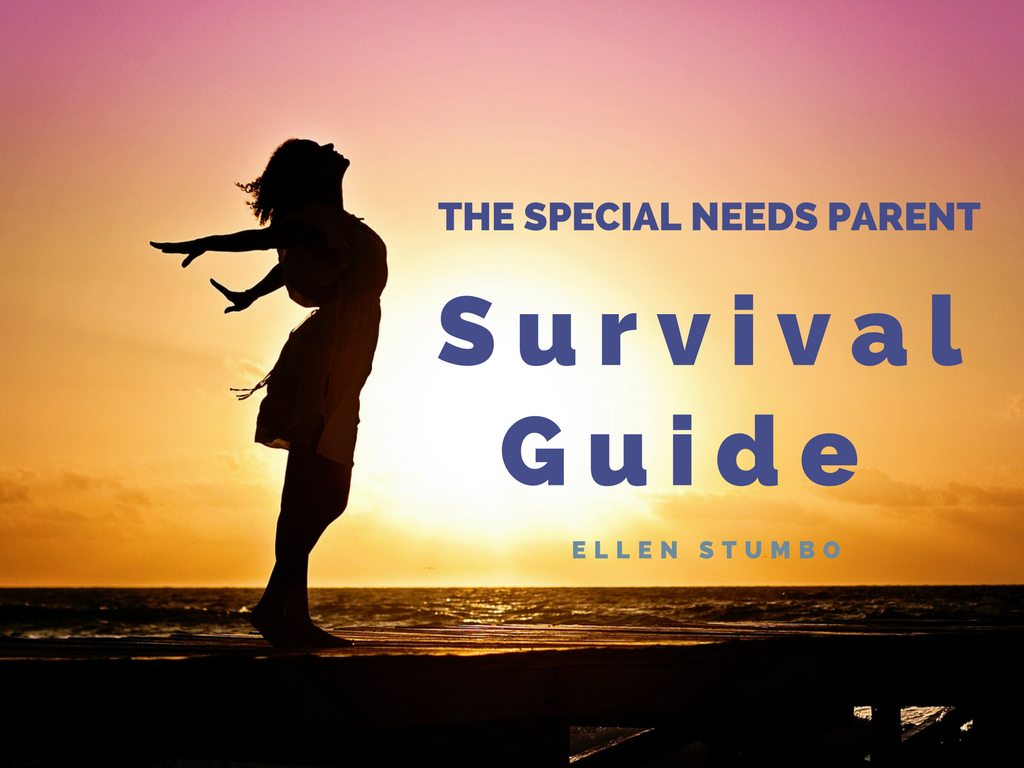Most students who receive special education qualify for a “transition” program that allows them to stay in school until age 21. These programs are meant to provide job training and life skills, preparing our kids to become as independent as possible. But are these programs really providing the type of training that is truly beneficial for our kids?

Join the podcast as I have a conversation with Meriah Nichols from “Unpackin Disability With Meriah Nichols.”
Listen to the show on on iTunes or stitcher.
The best way to support the podcast is by leaving a review on iTunes.
Show notes:
Before talking about employment training, we go back to the beginning and discuss the role that ableism plays in the limited options made available for our kids. Also important how as parents, sometimes we also have to address our own ableism (spoiler alert: it is one of the hardest things I’ve had to do as a parent of two disabled kids).
A short discussion on grief, and the fact that most parents experience grief when their child is first diagnosed.
Keeping in check the language we use, and what happens to our kids when we push them to be as “non-disabled” as possible.
Finding empowerment in disability. What does that look like? How does that translate into future interests and possible job opportunities?
How important it is to discover the gifts and possibilities that are a direct result of disability — the assets.
Inclusion: the current model of inclusion doesn’t help our kids or their peers as we think about their future possibilities once they reach adulthood.
How can a school play to a student’s strengths and build upon those strengths as possible career paths?
Many programs and organizations that are meant to help our students tend to be steeped in ableism, and they do not provide ongoing change beyond one time events or experiences.
There isn’t much available after transition programs because of the limited “training” they provide. Meriah shares about her recent blog post: Navigating Beyond The Four F’s of Disability Employment.
How do we shift culture so that we create better “out of the box” opportunities for our children?
Our kids depend on their community — that is, the community of individuals who are like them. The community where they belong, where they can be who they really are.
How to connect with Meriah Nichols:
Her Blog: https://www.meriahnichols.com/
Facebook: Meriah Nichols
Twitter: @meriahnichols
Instagram: @meriahnichols
***
Let’s connect on Facebook
Special Needs Parents, Are You Surviving?
I created a guide with 13 practical ways to help you find peace in the midst of chaos, opt in to make sure you get a copy of this freebie!



Good evening Ellen, my name is Kristin O’Neal I live in WV. We have a daughter Chloe 26 who has IDD. Chloe is working and has been at her place of employment for 6 years. I have a few resources on transition from high school to employment. If you’re interested I would love to share Chloe’s work experience.
Warm Regards ~Kristin